[WHY]My acne won’t go away?
If you’ve been struggling with acne, you’ve probably tried a variety of treatments, hoping for that magic solution. It can feel like a never-ending battle, right? You might think that acne is just a random occurrence, something that happens from time to time—but it’s not. The truth is, acne doesn’t just pop up out of nowhere. There are underlying reasons why it persists, and often, it’s not as simple as a bad skincare routine or a single breakout. From hormonal imbalances to stress, external factors, and even the foods you eat, multiple factors can play a role in why your acne just won’t go away. Let’s take a closer look at why this happens and what you can do to finally get your skin back on track.
Hormonal Imbalances
Hormonal fluctuations, especially in androgens (like testosterone), often play a major role in persistent acne. When androgens rise, they can overstimulate the skin’s oil (sebaceous) glands, leading to excess oil production. This extra oil can clog pores, creating an environment where acne-causing bacteria thrive.
For some, acne persists due to underlying hormonal conditions, such as Polycystic Ovary Syndrome (PCOS) or thyroid disorders, both of which disrupt normal hormonal balance and can make managing acne more challenging. Recognizing the role of hormones in acne is key to finding effective treatments, and in cases of hormonal imbalance, consulting a healthcare provider can lead to options like hormonal therapies or medications tailored to balance these effects.
Inconsistent Treatment Use
Switching acne products frequently can prevent progress and stress your skin, often worsening irritation. Acne treatments, especially those with active ingredients like benzoyl peroxide, salicylic acid, or retinoids, need consistent use over time to show results. A common mistake is expecting rapid improvement and moving to a new product if there’s no immediate change.
It’s essential to stick with one treatment plan for at least 4-6 weeks. This allows the product enough time to work, letting the skin adjust and show signs of improvement. Patience and consistency are key to overcoming acne effectively.
Stress and Anxiety
High stress levels increase cortisol production, which in turn stimulates oil glands and can lead to more frequent acne breakouts. When cortisol levels rise, skin can become oilier and more prone to clogged pores, making it harder to manage acne.
Incorporating stress management techniques—like mindfulness practices, regular exercise, or even a few minutes of daily relaxation—can help regulate cortisol levels. Reducing stress not only benefits your overall well-being but also helps keep acne under control, giving your skin a chance to heal.
Incorrect Skincare Routine
Using overly harsh products or layering too many at once can strip your skin of its natural oils, leading to dryness and irritation. In response, the skin may go into overdrive, producing more sebum to compensate—a reaction known as “rebound acne.” This excess oil can clog pores, worsening breakouts and counteracting the intended effects of your skincare routine.
Opt for gentle, non-comedogenic products, and introduce new treatments gradually. This approach helps prevent irritation, allowing acne treatments to work effectively without causing further issues.
📖How To Identify And Treat Different Types Of Acne
Skin Barrier and Hydration
When skin becomes overly dry, its protective barrier weakens, allowing acne-causing bacteria and irritants to penetrate more easily. This compromised barrier can lead to inflammation, redness, and increased breakouts. Keeping the skin well-hydrated is crucial for maintaining this barrier, as it helps skin retain moisture and stay resilient.
Using gentle cleansers, hydrating serums, and moisturizers with ingredients like hyaluronic acid or ceramides can restore hydration levels and strengthen the skin barrier, reducing the likelihood of breakouts and irritation.
Environmental Triggers
Pollution, sun exposure, and harsh weather conditions can irritate the skin, leading to clogged pores, increased oil production, and aggravated acne. Pollutants in the air can settle on the skin, trapping dirt and bacteria, which worsen breakouts. While sun exposure can be beneficial for vitamin D, it can also trigger inflammation and dark spots, making acne more difficult to manage.
Certain cosmetics, particularly heavy or pore-clogging products, can also worsen acne. It’s important to use non-comedogenic products and cleanse the skin regularly to remove environmental debris and prevent irritation.
The Truth About Pillowcase Causing Breakouts
Stress and Anxiety
When you’re stressed, your body produces more cortisol, which can lead to increased oil production and worsen acne. Practicing stress-relief techniques like mindfulness or regular exercise may help manage this.
Dietary Choices
Eating foods with a high glycemic index, like sugary snacks, or consuming dairy may trigger acne for some people. Being mindful of how your diet affects your skin can help you make adjustments for clearer skin.
Underlying Medical Conditions
Certain medical conditions, such as polycystic ovary syndrome (PCOS) or thyroid disorders, can affect hormone levels and contribute to ongoing acne. Medications used to treat other health issues may also have acne as a side effect. It’s important to consult with a healthcare provider to identify any underlying health conditions that could be impacting your skin and explore treatment options. Managing these medical factors can be crucial in addressing persistent acne.
[Potenza] for Acne Scars, Pores, and Aging
Skincare Tips For Severe Acne Sufferers
When to See a Dermatologist
If your acne persists despite using over-the-counter treatments, becomes painful, or leads to scarring, it’s time to consult a dermatologist. A professional can help identify the underlying causes of your acne and provide personalized treatment options. Dermatologists can prescribe stronger topical treatments, oral medications, or therapies like chemical peels and laser treatments to help manage acne and prevent further outbreaks. Early intervention can also reduce the risk of permanent scarring, so don’t hesitate to seek expert advice if acne is impacting your skin or confidence.

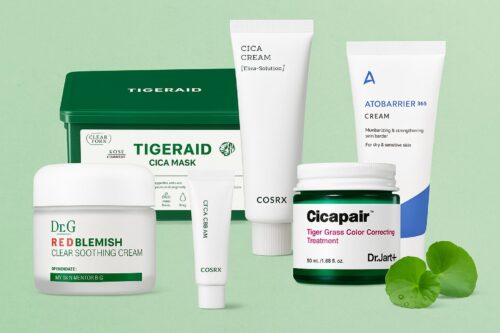
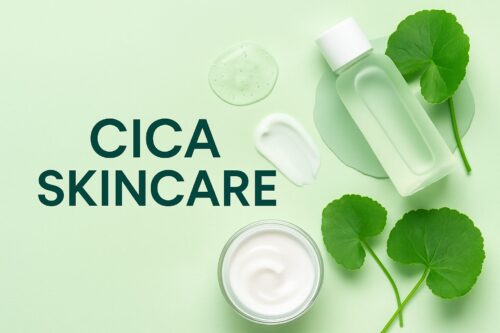
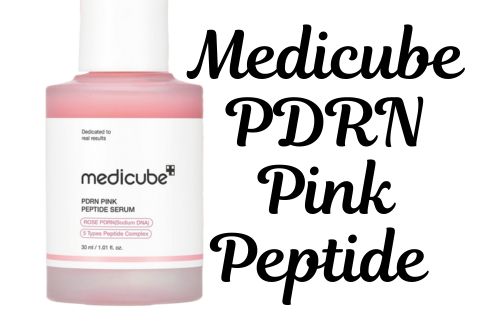


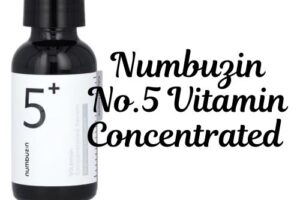
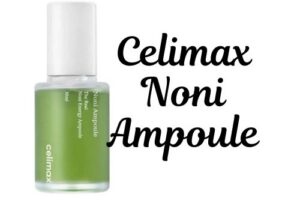
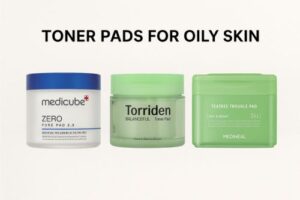

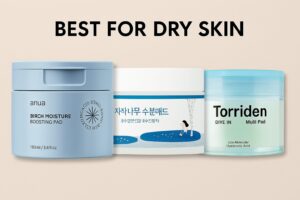



Post Comment